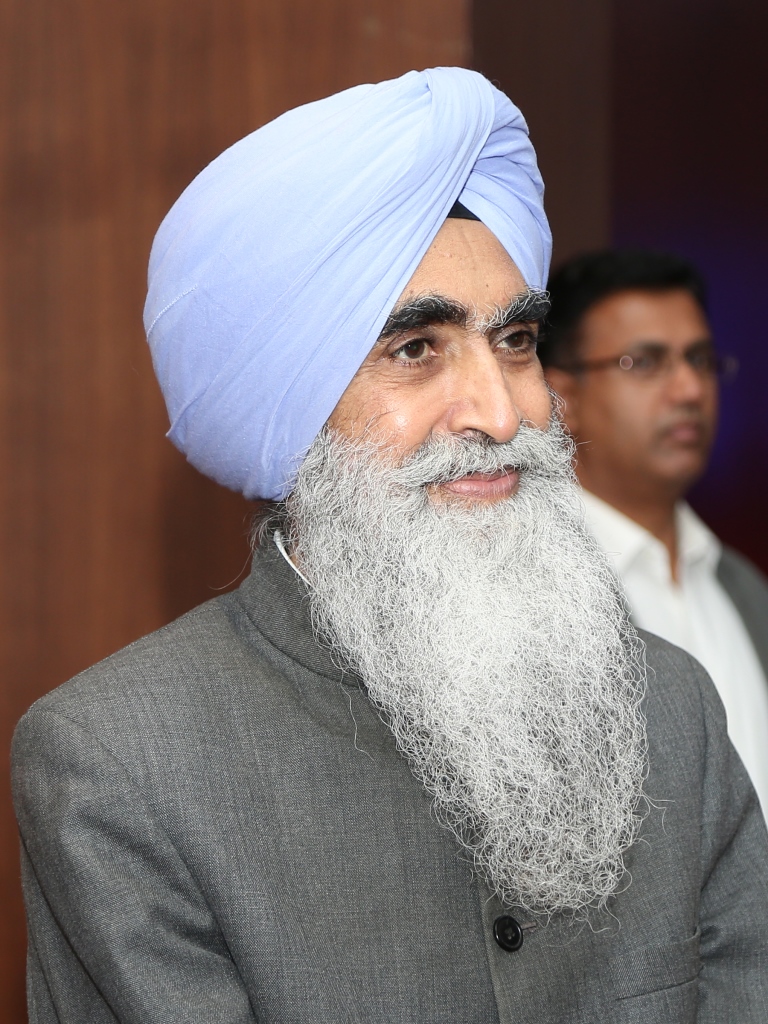MENUMENU
MENUMENU
- Home
- Supreme Role Models
- Immortals
- Distinguished Sikhs
- Living Role Models
- Agriculture and Environment
- Armed Forces
- Business Tycoons
- Community leaders
- Creative artists
- Doctors and other professionals
- Educational Services for the community
- Filmmakers
- Glamorous starts (film, stage, fashion & modelling)
- Gurmat Sangeet
- Inspired youth – legend of tomorrow
- Judiciary
- Media
- Music and dance
- Octogenarian legends
- Politicians
- Scientist, engineers and consultants
- Service of mankind (Sewa)
- Sikhs on important post
- Sikh Preachers
- Sikh scholars, philosophers and historians
- Sports and adventures
- Teachers, Principal & Vice Chancellors
- Writers & Poets
- Yoga Preachers of Sikhism
- Some Prominent Gurdwaras
- Some Sikh Organizations
- Some Prominent Sikh Organizations
- Gurdwara Management organizations
- Mangement of Gurdwaras in Indian States
- DHARAM Parchar organizations.
- Simran and sewa organizations
- Educational,Sports and Health care organizations
- Organizations empowering Sikhs in economic,social and political fields
- Awareness creating organizations
- Heritage and culture promoting organizations
- Proud Moments
- Sanstha
- Publications
